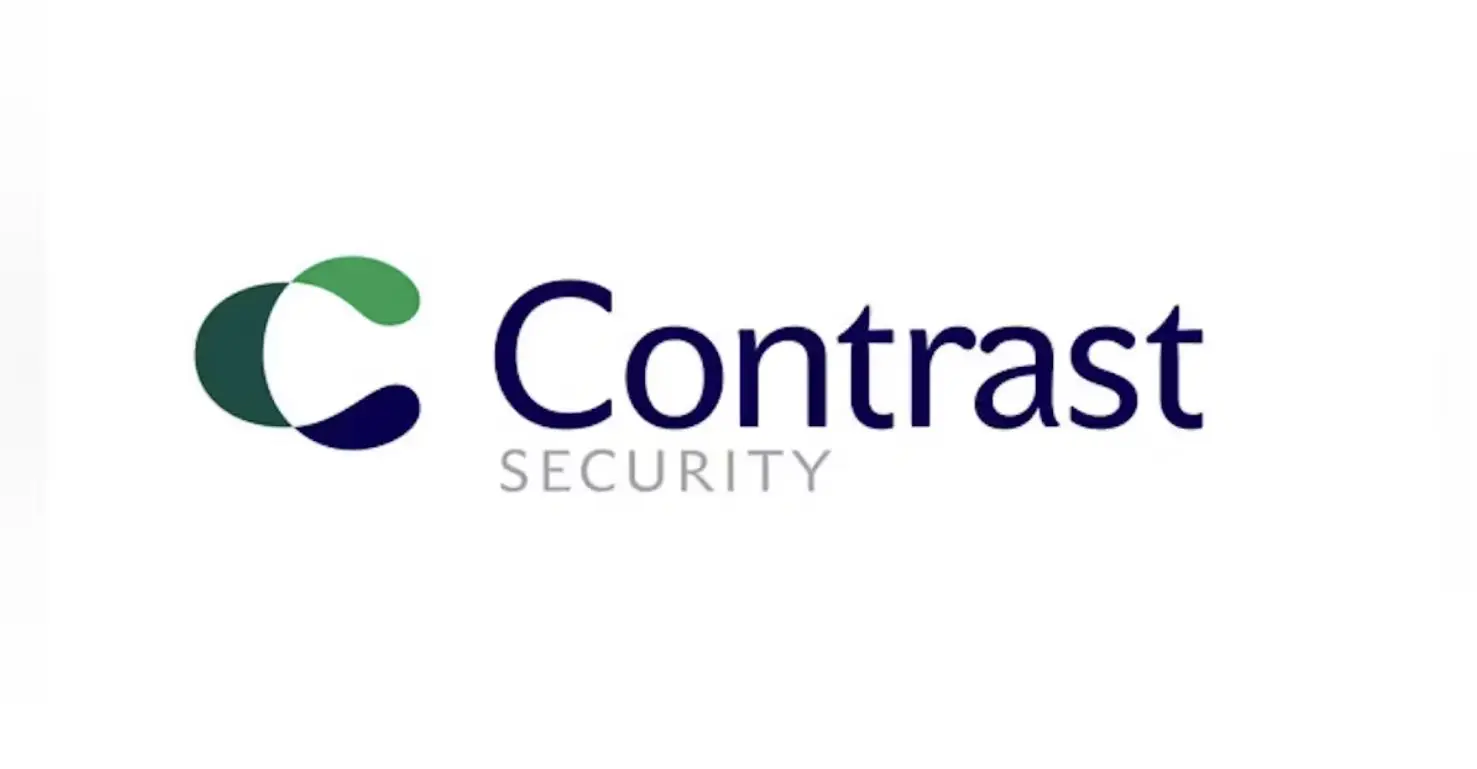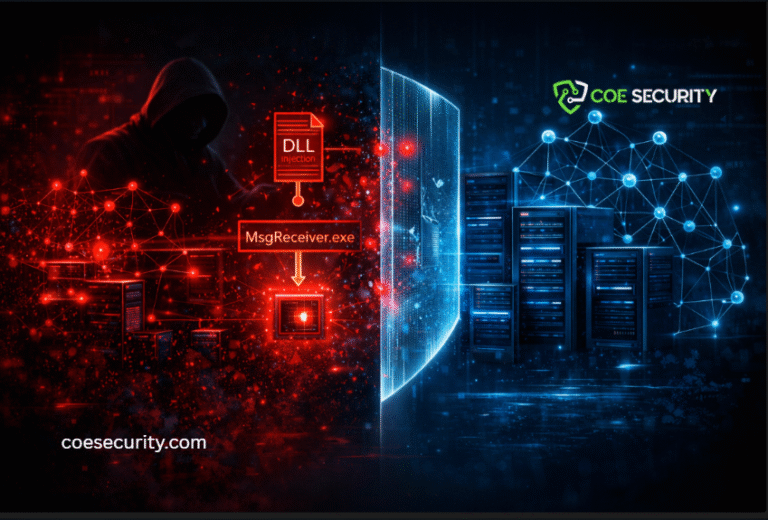Center of Excellence Security - Network Penetration Testing
Network Penetration Testing
Identify weaknesses. Enhance security. Protect your network with expert testing.
Network Penetration Testing at COE Security

At COE Security, our Network Penetration Testing service helps organizations identify and mitigate vulnerabilities in their network infrastructure before attackers can exploit them. With the increasing sophistication of cyberattacks, ensuring that your network whether on-premises, cloud-based, or hybrid is secure against unauthorized access, data breaches, and service disruptions is essential for maintaining business continuity and protecting sensitive data.
We simulate real-world attacks on your network to identify weaknesses in firewalls, routers, switches, VPNs, and other critical components. Our approach combines both manual and automated techniques to assess vulnerabilities such as weak configurations, outdated protocols, and improper segmentation. Whether you’re testing internal or external networks, we deliver actionable insights that help strengthen your defense posture.With COE Security’s Network Penetration Testing, you gain a comprehensive understanding of your network’s security gaps, allowing you to proactively address vulnerabilities and reduce your attack surface.
Our Approach
Define scope and objectives: Outline network components, devices, and environments to be tested, including internal, external, and cloud-based elements.
Reconnaissance: Collect information on network architecture, services, and open ports using active and passive methods (e.g., WHOIS, Nmap scans).
Vulnerability scanning: Run automated tools like Nessus or OpenVAS to identify known vulnerabilities in network systems and services.
Manual validation: Validate and exploit discovered vulnerabilities to assess their severity and potential impact on the network.
Network device review: Analyze configurations of firewalls, routers, and switches for misconfigurations, outdated firmware, and weak access controls.
Authentication testing: Evaluate network authentication methods for weaknesses, testing for brute force or credential-based attacks on services like SSH, VPNs, or RDP.
Encryption testing: Test the strength of encryption protocols in use, including VPNs, Wi-Fi networks, and communication channels.
Lateral movement testing: Once initial access is gained, attempt to move laterally through the network to uncover additional vulnerabilities or escalations.
Remote access and endpoint review: Test remote access solutions (e.g., VPN, RDP) and ensure endpoints are adequately secured with antivirus or EDR tools.
Document findings and remediation: Provide a detailed report with actionable remediation steps, and validate fixes by retesting post-patching.
Patch Assisted
Architecture Flaws
In-depth Validation
Firewall Analysis
Network Penetration Testing Process
Our established network penetration testing methodology delivers comprehensive testing and actionable recommendations.
Analyze
Threat Model
Passive/Active Testing
Firewall Analysis
Reporting
Why Choose COE Security’s Network Penetration Testing?
Comprehensive coverage: We test all network layers, internal and external, to uncover vulnerabilities at every touchpoint.
Advanced attack simulations: Real-world attack scenarios identify hidden security weaknesses.
Tailored approach: Our testing adapts to your network’s unique environment for precise results.
Industry standard alignment: We follow frameworks like NIST, OWASP, and PCI DSS for compliance and reliability.
Thorough vulnerability exploitation: We assess not just vulnerabilities but their exploitability and potential impact.
Zero false positives: We ensure only real vulnerabilities are reported, saving time and resources.
Actionable reporting: Clear reports with specific remediation steps for faster resolution.
Continuous testing: Post-remediation testing ensures vulnerabilities are fixed and network security is maintained.
Proven track record: Experience in regulated industries like healthcare, finance, and government.
Ongoing support: We provide real-time updates and guidance throughout the engagement.
Five areas of Network and Infrastructure Security

Hardware Pentest
Hardware penetration testing is a critical assessment process aimed at identifying vulnerabilities in physical devices and their associated systems. This testing involves a comprehensive evaluation of hardware components, firmware, and communication interfaces to uncover potential security weaknesses that could be exploited by malicious actors. By simulating real-world attack scenarios, security professionals assess the effectiveness of physical security measures, analyze firmware for flaws, and evaluate the robustness of communication protocols. The ultimate goal is to provide organizations with actionable insights and recommendations to strengthen their hardware security posture, ensuring that devices are resilient against emerging threats and safeguarding sensitive data from unauthorized access.

Cloud Security / Penetration Testing
Cloud security is a vital discipline focused on safeguarding data, applications, and infrastructure within cloud environments. It encompasses a broad range of practices and technologies designed to protect cloud-based systems from internal and external threats. This includes securing data storage, managing access controls, monitoring for unauthorized activities, and ensuring compliance with industry standards. Cloud security assessments involve evaluating the configuration of cloud services, identifying misconfigurations, and testing identity and access management (IAM) policies to detect potential weaknesses. By implementing robust cloud security measures, organizations can maintain the confidentiality, integrity, and availability of their cloud assets, ensuring secure and resilient operations across public, private, and hybrid cloud infrastructures.

AI/LLM PenTest
At COE Security, our AI and Large Language Model (LLM) Penetration Testing service is tailored to evaluate the security of AI-driven applications and systems. As organizations increasingly leverage AI and LLMs for various functions, understanding their vulnerabilities is crucial. Our team conducts comprehensive assessments that focus on potential risks associated with model training data, API endpoints, and user interactions. By simulating real-world attack scenarios, we identify weaknesses such as data poisoning, model inversion, and adversarial attacks. The insights gained from our testing help organizations enhance their AI security measures, ensuring robust protection against emerging threats while maintaining compliance with relevant standards. Our goal is to empower you to harness the full potential of AI technologies while safeguarding your systems and data.

DevOps Security Testing
At COE Security, our DevOps Security Testing service integrates security practices into the DevOps pipeline, ensuring that security is a fundamental component throughout the software development lifecycle. We emphasize the importance of proactive security measures, conducting assessments at various stages, from code development to deployment. Our approach includes automated scanning for vulnerabilities, manual code reviews, and configuration assessments to identify potential security risks early in the process. By collaborating closely with development and operations teams, we help foster a culture of security awareness and compliance. The insights gained from our testing enable organizations to address vulnerabilities swiftly and effectively, ultimately enhancing the security of applications and infrastructure while maintaining the agility and efficiency that DevOps offers.

Firmware Security
Firmware forms the foundation of hardware functionality and is increasingly targeted by attackers. Our Firmware Security Testing service focuses on identifying vulnerabilities such as insecure boot processes, hardcoded credentials, and unprotected firmware updates. We analyze firmware binaries, configuration files, and underlying code to detect and address risks. To support your engineering team, we provide actionable remediation insights and secure coding recommendations, ensuring your firmware is resilient against both known and emerging threats. With our assistance, you can safeguard your devices and maintain trust in your hardware solutions.
Advanced Offensive Security Solutions
COE Security empowers your organization with on-demand expertise to uncover vulnerabilities, remediate risks, and strengthen your security posture. Our scalable approach enhances agility, enabling you to address current challenges and adapt to future demands without expanding your workforce.
Why Partner With COE Security?
Your trusted ally in uncovering risks, strengthening defenses, and driving innovation securely.
Expert Team
Certified cybersecurity professionals you can trust.
Standards-Based Approach
Testing aligned with OWASP, SANS, and NIST.
Actionable Insights
Clear reports with practical remediation steps.
Our Products Expertise















Information Security Blog
DNS Hijacking Emerges as a Scalable Malware Distribution Tactic
Cyber threats continue to evolve, and the latest ClickFix campaign highlights a…
AI Platforms and Search Ads Exploited to Deliver Malware
Cybercriminal tactics are evolving again. A recent campaign uncovered how attackers abused…
serious and unsettling security development
In today’s interconnected enterprise environments, firewalls represent the first and last line…



